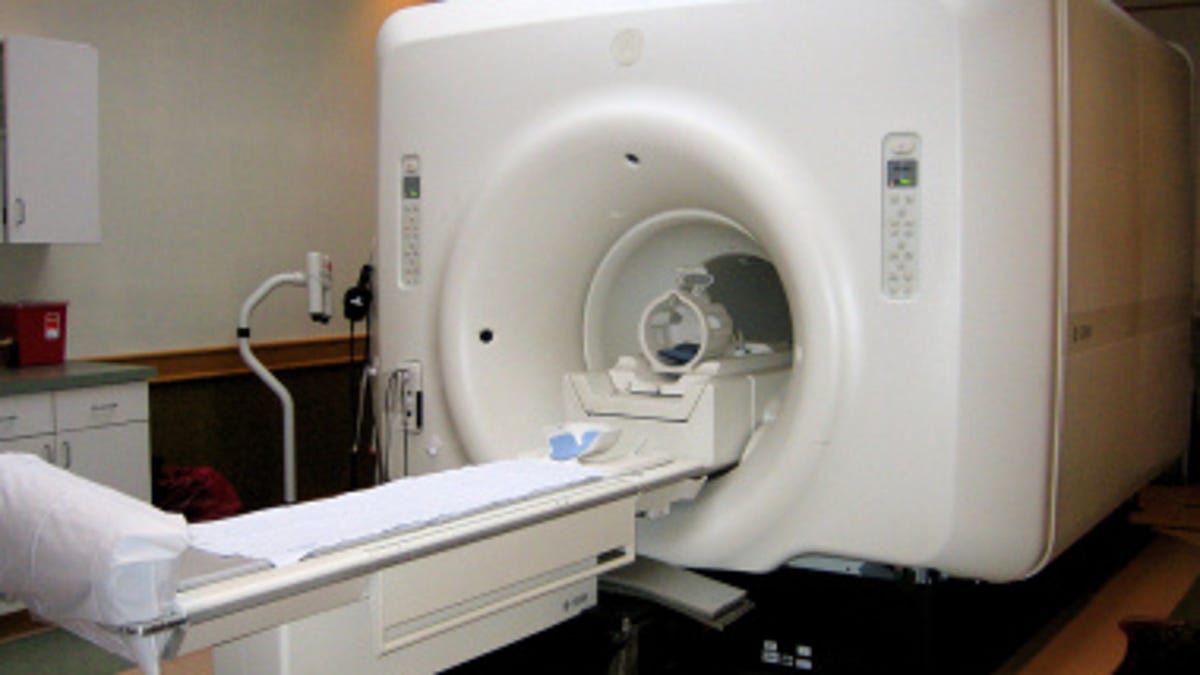Scientists spot 'signature' of physical pain using fMRI
Scientists say that short-term pain in healthy people leaves a distinct neurological trace -- one they were able to catch via fMRI.

Pain has long been thought to be at least somewhat subjective, making it difficult to measure consistently from one person to the next. But in a new study out of the University of Colorado at Boulder, healthy volunteers subjected to a dose of intense heat all experienced a consistent pattern of neurological activity that scientists captured on function MRI, which tracks blood flow through the brain.
While this doesn't mean that people experience pain in exactly the same way, the findings -- published today in the New England Journal of Medicine -- suggest that there may be a better way to measure one's pain than the current, subjective standard of self-reporting pain on a scale of one to ten.
What's more, not only was the "neurologic signature" consistent across participants, it also matched each participant's own rating of pain with more than 90 percent accuracy.
The researchers say they're only at the cusp of understanding the biology of pain, but if physical -- and yes, possibly even emotional -- pain can in fact be measured objectively, it could help determine the presence of pain in all sorts of people unable to communicate it, from those in vegetative states to babies, animals, and more.
Of course, such a technology could also help determine whether someone is lying about pain to get, say, medication for off-label purposes. (The study was, after all, funded in part by the National Institute on Drug Abuse.) But lead researcher Tor Wager, an associate professor of psychology and neuroscience at the University of Colorado at Boulder, stresses that it is not and should not be used as a lie detector test. "People in pain need to be believed," he tells HealthDay.
"Our understanding of pain is still fairly rudimentary," adds Dr. Jing Wang, an assistant professor of anesthesiology at NYU Langone Medical Center who was not involved in the research. "There are times when a patient isn't able to communicate about pain effectively -- for example, after a stroke. We know that right now many people have their pain undertreated."
And while the four-part study involving 114 participants is promising, the research is new, young, with a small sample size, and not yet replicated. It was also limited to only one specific type of pain experienced for the same amount of time by healthy individuals. That same heat-based pain could very well affect those with mental illnesses, neurological disorders, post-surgery, etc., quite differently.
What's more, fMRI scans are pricey, which means any future findings will have to be very convincing to result in routine scanning.
For now, Wager says his team is exploring whether other types of pain produce the same brain signature, including "social" pain resulting from, say, a break-up.

